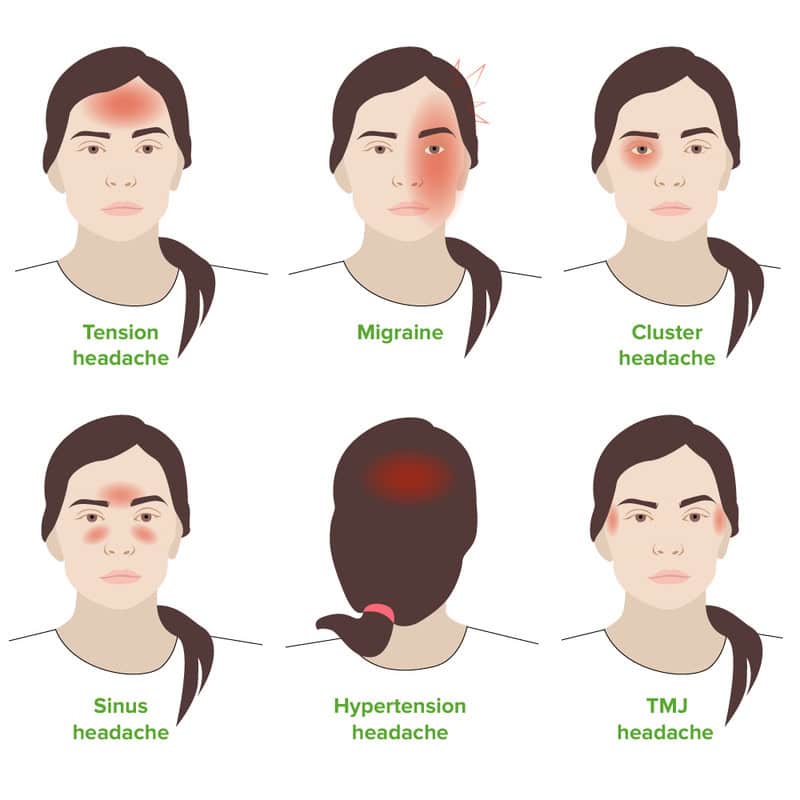Stress is a natural response of the body to demanding situations. It can be beneficial in small doses, allowing us to react swiftly to challenges. However, when stress becomes chronic, it can take a toll on your physical and emotional well-being. Often, our bodies send us signals to indicate that we are under too much stress.
Recognizing these signals can help you address stress before it becomes overwhelming. This blog will explore six distinct signals your body might send to indicate that your stress levels are too high. By identifying and understanding these signals, you can take steps to manage your stress more effectively.
1. Frequent Headaches

Headaches are a common sign that your body is feeling overwhelmed. You might experience tension headaches, which feel like a tight band around your head. Consider keeping a headache diary to track triggers and identify patterns. Stress management techniques like deep breathing and regular exercise can help alleviate these symptoms. If headaches persist, consulting a healthcare professional is advisable. They can provide guidance on effective treatments. Remember, ignoring persistent headaches might lead to more severe health issues. Pay attention to your body’s signals and take proactive steps.
2. Sleep Disturbances

Stress can disrupt your sleep patterns, leading to insomnia or restless nights. You might find it hard to fall asleep or wake up frequently throughout the night. Creating a relaxing bedtime routine can be beneficial. Consider activities like reading a book or listening to calming music. Avoiding caffeine and electronic devices before bed can also improve sleep quality. If sleep disturbances become chronic, seeking professional advice is crucial. Addressing sleep issues early can prevent them from affecting your daily life and well-being.
3. Digestive Issues

Your digestive system is sensitive to stress, and you might experience symptoms like stomachaches or changes in appetite. Stress can exacerbate conditions like IBS or acid reflux. Eating a balanced diet and practicing mindful eating can help. Taking time to savor your meals and avoid rushing can improve your digestion. If digestive issues persist, consulting a healthcare provider is recommended. They can offer advice on managing stress-related digestive problems. Remember, your gut health is closely linked to your overall well-being.
4. Muscle Tension

Muscle tension is a physical response to stress, often manifesting in the neck, shoulders, or back. You might feel tightness or stiffness, impacting your mobility. Regular stretching and physical activity can alleviate muscle tension. Consider incorporating yoga or Pilates into your routine for added benefits. These practices promote relaxation and flexibility. If muscle tension is persistent, a massage therapist or chiropractor may provide relief. Addressing tension early can prevent it from developing into chronic pain.
5. Frequent Illness

Stress can weaken your immune system, making you more susceptible to colds and infections. You might notice that you’re falling ill more often than usual. Prioritizing rest and ensuring a balanced diet can support immune function. Consider regular exercise as it boosts immunity and reduces stress levels. If frequent illness continues, a visit to your doctor is advisable. They can determine if stress is impacting your immune health. Taking steps to manage stress can improve your overall resilience.
6. Mood Swings

Stress can significantly affect your emotional well-being, resulting in mood swings or irritability. You might find yourself feeling overwhelmed or frustrated over minor issues. Practicing mindfulness and meditation can help stabilize your mood. These techniques promote a sense of calm and clarity. Engaging in hobbies or activities you enjoy can also provide a mental break from stress. If mood swings become severe, seeking professional support is essential. Addressing emotional health is key to managing stress effectively.

Well, hello there!
My name is Jennifer. Besides being an orthodontist, I am a mother to 3 playful boys. In this motherhood journey, I can say I will never know everything. That’s why I always strive to read a lot, and that’s why I started writing about all the smithereens I came across so that you can have everything in one place! Enjoy and stay positive; you’ve got this!

